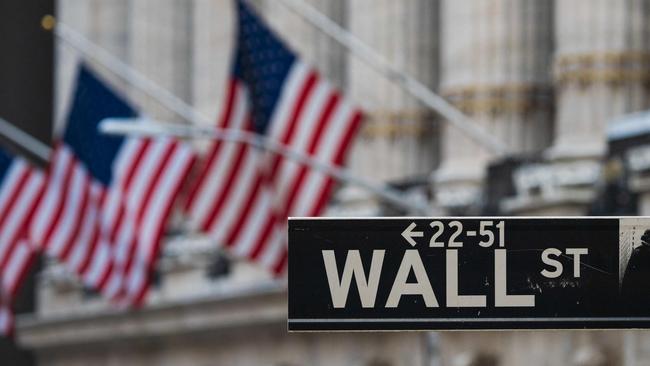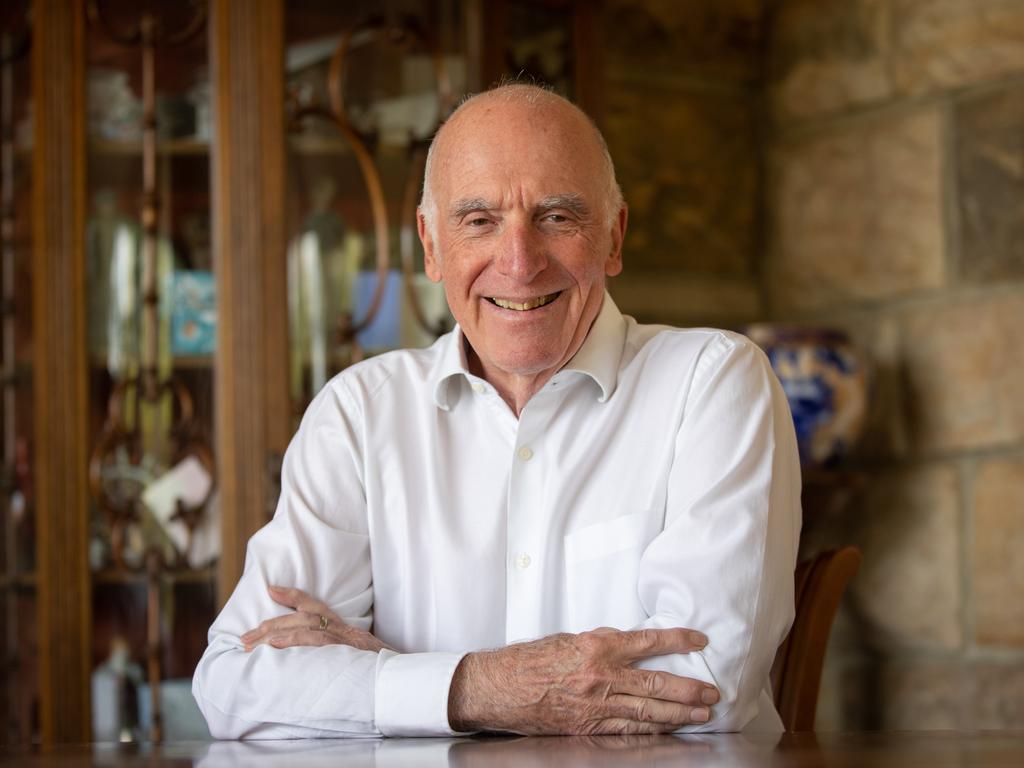Long hours still the key to success as work hesitancy rules

Are we creating a new age of work hesitancy?
Young bankers need to work 12 hours a day, six days a week if they are gain the mastery to climb up the ranks on Wall Street.
So says Mary Erdoes, chief executive of JPMorgan Chase’s asset and wealth management business. Erdoes is widely viewed as being in the running to replace Jamie Dimon as CEO.
How refreshing that when the workplace is cowed by Covid and business leaders are fawning over flexibility and working from home that a woman should be saying – in investment banking at least – if you can’t take the heat then get out of the kitchen.
Erdoes invokes the 10,000 hour rule made popular by Malcolm Gladwell in his book Outliers – that 10,000 hours of study is needed to achieve world class expertise in anything, from banking to the Beatles success. At eight hours a day, five days a week, she argues would take five years to develop a base-level mastery.
“On Wall Street, it’s more like 12 hours a day, six days a week. That cuts you down to about 2½ years before you become mastered in something,” she told Bloomberg Wealth.
Spare a thought for those lucky young analysts recently picked up by the boutiques at Barrenjoey and Jardens. And they are lucky, because they are riding a wave of takeover action, the likes of which has not been seen for at least 15 years. Lockdown or not, they are burning the midnight oil.
The frank speak from Erdoes follows several reports on banker burnout in Britain and the US.
It turns out that 72 hours a week is a baseline. In March, on hearing that junior bankers at Goldman Sachs regularly worked 95 hour weeks and slept five hours a night, CEO David Solomon enforced “The Saturday Rule” – no work 9pm Friday to 9am Sunday.
Controversial as it may sound, it was ever thus in investment banking.
For multinationals, Wall Street brutality extends to global offices and to all those management consultants and law firms that haven’t yet gone woke.
Starting life as a graduate banker with Credit Suisse First Boston in 1980s London, I remember the joke was for half the year you never saw daylight. The commute was long before or after the sun broke through. As Euromarkets fodder, we wrangled 4m syndicate invitation telexes until the wee hours, sprawled over spreadsheets or left overnight at the printers.

Occasionally at around 11pm, CSFB’s fearsome pint-sized CEO Hans-Jorg Rudloff would come out and yell “Annabels!” and some would head off to the top nightclub, brimming with moneyed Eurotrash.
According to Erdoes, 2200 analysts start training with JPMorgan this American summer. These places are hard fought over, which raises the question: given the punishment ahead, what is the attraction?
The developing view seems to be that investment banking will always attract a certain type, the kind of kid who wants that meat-grinder atmosphere, according to a US panel discussion last week.
“Why doesn’t she (Erdoes) just say, ‘look we’re going to pay you a tonne of money and your life is going to suck, except for the stuff you can buy’. Put it on the line, I think she’d still attract all the people she needs,” said Rick Newman from Yahoo!Finance.
Former Wall Street stock analyst Brian Sozzi chipped in. “When I was an analyst, there was no more greater thrill: you’re at your desk a little past midnight, you’re chucking energy drinks, you get the model just right, you get your model out a to a client at 2am. That was fun and for some people that just works.”
In one way, things have improved from when almost the entire cream of graduates were lured to banks and management consultants with offers too good to pass up. Once into the grind, competition set in and casualties were high. With hindsight, an alternative career path in industry would have been like a knife through butter. What has changed in the last decade is Silicon Valley. Tech giants and tech start-ups compete with banking, promising equal upside but also flexibility.
It has not gone unnoticed on Wall Street that Erdoes “put herself out there” by making comments much in line with her high performance boss Jamie Dimon.
An old school banker, Dimon is well and truly over working from home. He told the Wall Street Journal Council summit in May he was done with Zoom calls and business was being lost after “bankers from the other guys visited and ours didn’t”. Dimon wanted people back to work and by October or September it should “look just like it did before”.
Sadly this is not a view widely shared in Australia. If we ever get out of this place of shutdowns and look to crank up the economy again, Australia will still be “working from home” with dubious evidence of productivity and many of us still afflicted with the Friday/Monday virus. Investment bankers aside, work hesitancy will be the next challenge for both business and government.






